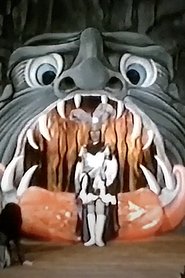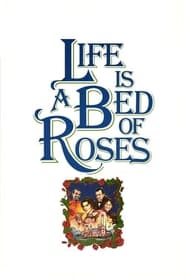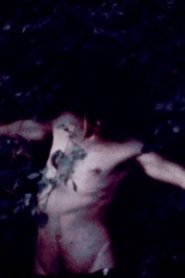Catherine Anahid Berberian (July 4, 1925 – March 6, 1983) was an American mezzo-soprano and composer based in Italy. She worked closely with many contemporary avant-garde music composers, including Luciano Berio, Bruno Maderna, John Cage, Henri Pousseur, Sylvano Bussotti, Darius Milhaud, Roman Haubenstock-Ramati, and Igor Stravinsky. She also interpreted works by Claudio Monteverdi, Heitor Villa-Lobos, Kurt Weill, Philipp zu Eulenburg and others. As a recital curator, she presented several vocal genres in a classical context, including arrangements of songs by The Beatles by Louis Andriessen as well as folk songs from several countries and cultures. As a composer, she wrote Stripsody (1966), in which she exploits her vocal technique using comic book sounds (onomatopoeia), and Morsicat(h)y (1969), a composition for the keyboard (with the right hand only) based on Morse code.
Cathy Berberian was born in Attleboro, Massachusetts to Armenian parents, Yervant and Louise Berberian. The elder of two children, she spent the first 12 years of her life in Attleboro, then the family moved to New York City in 1937 where she graduated from Manhattan's Julia Richman High School for Girls. From an early age, she showed an interest in Armenian folk music and dance as well as traditional opera. While still in high school, she was the director and soloist of the Armenian Folk Group in New York City. For a time, she was an undergraduate at New York University, but left to take evening classes in theatre and music at Columbia University, working during the day to support her studies. She went on to study music in Paris with Marya Freund in 1948, and in 1949 she went to Milan to study singing at the Milan Conservatory with Giorgina del Vigo. In 1950, she received a Fulbright scholarship to continue her studies there. Although she had appeared in several student productions, radio broadcasts and informal concerts during the early 1950s, she made her formal debut in 1957 at Incontri Musicali, a contemporary music festival in Naples. The following year her performance of John Cage's Aria with Fontana Mix in its world premiere, established her as a major exponent of contemporary vocal music. Her American debut came in 1960 at the Tanglewood Music Festival where she premiered Circles by the Italian composer Luciano Berio.
From 1950 to 1964 Berberian was married to Luciano Berio, whom she met when they were students at the Milan Conservatory. They had one daughter, Cristina Berio, born in 1953. Berberian became Berio's muse and collaborator both during and after their marriage. He wrote, for her, Thema (Omaggio a Joyce) (1958), Circles (1960), Visage (1961), Folk Songs (1964–73), Sequenza III (1965), and Recital I (for Cathy) (1972). ...
Source: Article "Cathy Berberian" from Wikipedia in English, licensed under CC-BY-SA 3.0.
Cathy Berberian was born in Attleboro, Massachusetts to Armenian parents, Yervant and Louise Berberian. The elder of two children, she spent the first 12 years of her life in Attleboro, then the family moved to New York City in 1937 where she graduated from Manhattan's Julia Richman High School for Girls. From an early age, she showed an interest in Armenian folk music and dance as well as traditional opera. While still in high school, she was the director and soloist of the Armenian Folk Group in New York City. For a time, she was an undergraduate at New York University, but left to take evening classes in theatre and music at Columbia University, working during the day to support her studies. She went on to study music in Paris with Marya Freund in 1948, and in 1949 she went to Milan to study singing at the Milan Conservatory with Giorgina del Vigo. In 1950, she received a Fulbright scholarship to continue her studies there. Although she had appeared in several student productions, radio broadcasts and informal concerts during the early 1950s, she made her formal debut in 1957 at Incontri Musicali, a contemporary music festival in Naples. The following year her performance of John Cage's Aria with Fontana Mix in its world premiere, established her as a major exponent of contemporary vocal music. Her American debut came in 1960 at the Tanglewood Music Festival where she premiered Circles by the Italian composer Luciano Berio.
From 1950 to 1964 Berberian was married to Luciano Berio, whom she met when they were students at the Milan Conservatory. They had one daughter, Cristina Berio, born in 1953. Berberian became Berio's muse and collaborator both during and after their marriage. He wrote, for her, Thema (Omaggio a Joyce) (1958), Circles (1960), Visage (1961), Folk Songs (1964–73), Sequenza III (1965), and Recital I (for Cathy) (1972). ...
Source: Article "Cathy Berberian" from Wikipedia in English, licensed under CC-BY-SA 3.0.
Show more expand_more
keyboard_double_arrow_down




